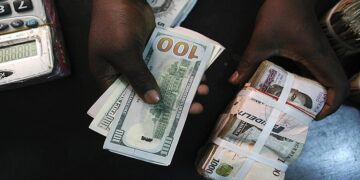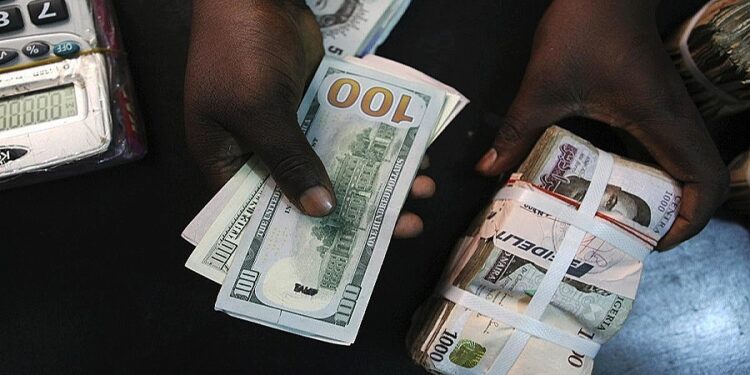By John Ikani
Nigeria, initially planning a Eurobond this year, has opted to postpone it and instead issue a debut dollar bond on the domestic market. This move aims to address the country’s budget deficit and bolster the struggling naira.
Finance Minister Wale Edun announced at an investor conference in Lagos on Thursday that the five-year, $500 million bond will be launched on Aug. 19.
He explained that unfavourable market conditions prompted the decision to postpone the Eurobond, leading the government to focus on Nigerians at home and abroad.
“Interest rates are decreasing but remain high, and our access to international markets is significantly impacted by how rating agencies assess developing countries,” Edun said. “The solution is to rely on our own resources to raise funds domestically.”
Many African nations were excluded from international capital markets due to the sharp rise in global interest rates in 2022, triggered by increasing inflation. However, several countries, including Ivory Coast, Benin, Senegal, Kenya, and Cameroon, have re-entered these markets this year.
Gbadebo Adenrele, managing director for investment banking at lead arranger United Capital Plc, stated that Nigeria’s bond will be priced at a yield comparable to its 2029 Eurobonds. The 2029s were quoted at 10.23% at 3:25 p.m. in London.
Africa’s most populous nation is grappling with a significant revenue shortfall due to oil production below capacity and a very limited tax base.
The government has approved a 28.8 trillion naira ($18.1 billion) spending plan for 2024, with a deficit of 9.8 trillion naira, which it intends to finance through domestic and international borrowing.
The naira has also been under strain. It was intentionally devalued against the dollar last year when President Bola Tinubu relaxed currency rules and allowed it to float. It continues to face pressure due to the scarcity of dollars in the local foreign exchange market.
Edun clarified that Nigeria has not abandoned the idea of tapping the Eurobond market but will wait for more favourable conditions.
“We have access to it and we will access that market as needed,” Edun said. “Once we have obtained all we can from our own people, our own citizens on fair and competitive terms, then we can look to outsiders.”




































